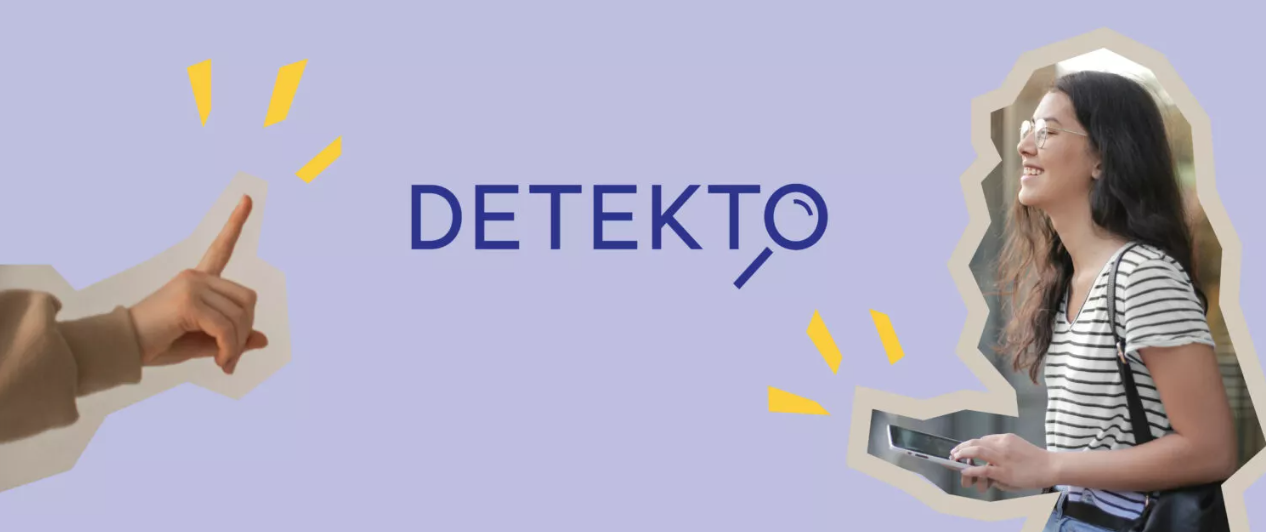Detekto.hu: A site for children has been launched to help recognize fake news
The curriculum developed by the Idea Foundation contains explanatory videos, interactive tasks, which can be used to practice the detection, verification and interpretation of false information. The material can be found on Detekto.hu.
In addition to Political Capital, AFP, the Idea Foundation, Lakmusz and Mertek Media Monitor are also members of the Hungarian Digital Media Observatory (HDMO), which is partially supported by the European Commission.
What are the typical types of fake content? When are we especially responsive to misleading content? Are there any reliable news sources? What kind of questions should we ask in order to judge the authenticity of a piece of information? What tools can help us doing fact-checking? - among other things, the materials of Detekto.hu provide advice and self-reflective practice on these topics. The materials are free and available to everyone. The material will appear in four packages between 2023 and 2025, now the first three online lessons are available.
“Before the development of the curriculum we conducted two research projects. In the first round, we surveyed what kind of media literacy online projects for children are available in Hungarian. We identified these as the main guidelines for our curriculum, and in a second study we observed international good practices to inspire the development of this course", says Ivan Marinov, one of the project's developers.
In the first package of the Hungarian Digital Media Observatory (HDMO) programme, funded by the European Commission, students can practice detecting and interpreting false information through content that is similar to the content they encounter in social media.
Explanatory videos and interactive exercises can be found in the course materials, currently in the following topics:
- What “fake news” means exactly?
- Why are we so sensitive to fake news?
- How are fake images and videos produced and distributed?

The aim of the courses is to prepare students to be able to navigate the online media environment independently, also to be able to identify when there is a need for increased vigilance, awareness and control of information, and what tools and methods to use for fact-checking.
Is this picture real? Excerpt from the Idea Foundation curriculum
Building knowledge through the curriculum needs active learning activity and is based on the children's existing knowledge. The development is based on the constructive learning paradigm. “The knowledge to be part of the course material is embedded in learning by doing practices, where knowledge is built up through feedback on responses. Evaluation is not about asking for precise definitions, but is a means of systematising and deepening knowledge", says Timár Borbála from the Foundation.
Courses promote independent learning, but their content, areas of development and objectives can be linked to school education in several ways. “It is a possible way that are students working on the material themselves, individually, for example, as homework or as an assignment from their teachers. However, there is also the possibility of using the material in classroom settings, which we also help with - in the form of a teacher's guide", says Krisztina Nagy, programme manager at the Idea Foundation.
The first materials of Detekto are available here: https://detekto.hu/
The guide for teachers can be downloaded here: https://detekto.hu/tanaroknak

